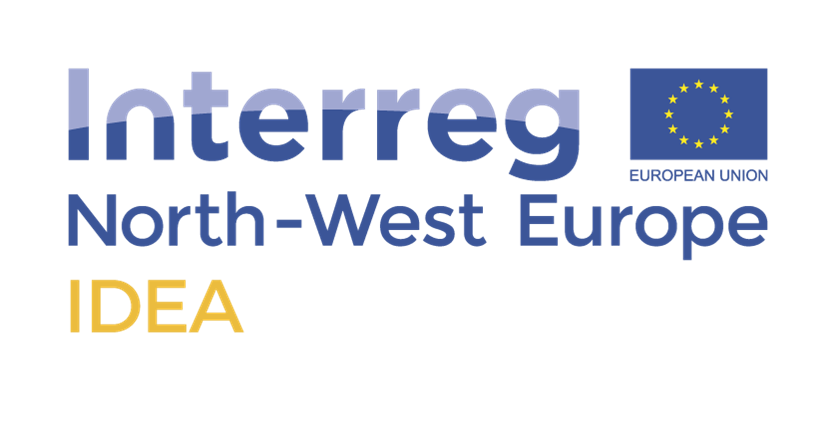

CentraleSupélec : a scientific partner to the Interreg IDEA project
Implementation and Development of Economic viable Algae-based value chains (IDEA)
The aim of Interreg North West Europe is to stimulate regional development in north-west Europe, an area that extends from the Netherlands to the republic of Ireland and as far south as to include Switzerland and the outskirts of the city of Rochelle in France. In this context, Paris and Gif-sur-Yvette both fall within this Geographical area.
The second aim of the Interreg program is to stimulate interregional and international collaboration between scientist with complementary interests.
The IDEA project started in September 2017 and will continue under its current form until the end of October 2021. The project was initialized by the Flemish Nuclear Research Center (VITO) in Belgium who are also the project manager, and initially included 10 partners.

The total budget of the project is of a little under 5 M€ with 10% of the budget allocated to CentraleSupélec. Of this budget 60% of the expenses on this project are eligible for reimbursement by the Interreg organisation.
Microalgae research has been an active field of research for the last 25 years at the LGPM Department of Centrale Paris and more recently CentraleSupélec. During the latter part of this period international interest in microalgae has intensified due to the potential to recycle atmospheric CO2 by these photosynthetic microorganisms.
Although, the scientific field has been rather active, commercial application has not materialised on a significant scale in Europe. As any emerging business, this industry requires the development of a network of resources and the installation of a real value chain. In oriental countries the microalgae industry is already a commercial reality in steady development.
The IDEA project started with the aim of developing a full value chain based on:
- Dispersed farmers using their existing greenhouse structures in a region that is known for its low light and low temperature conditions but with high agricultural productivity
- Centres (biorefineries) of product concentration and direct valorisation, or high value valorisation through extraction and purification of target molecules
- Developing connection with final users such as feed, food and cosmetics producers.
The IDEA project consisted of:
- Growing well studied organisms of interest at large scale and during the length of the 3-year project.
- Choosing new potential strains and characterising them for their potential to grow at relatively low temperatures and at low light.
- Developing strategies for stable storage of the biomass produced before arriving at the biorefinery
- Animal feed trials to investigate the positive effects of inclusion of microalgae, even in small proportions, in the feed of farmed animals
- The investigation of the potential health benefits of microalgae consumption by humans
- Much communication for the findings of the project including a Farmers’ Webinar in French and English that was organised by the CentraleSuplélec in September 2020. Approximately 200 people attended.
The LGPM has chosen Chloromonas nivalis, as a potential candidate for successful commercialisation in northwest Europe. This is a microorganism that exists in alpine and polar regions and is known for occasional red blooms on snow in these regions. The organism is little studies so far and the Scientific team headed by Pr. Behnam TAIDI has developed growth models for this organism over a range of key incubation conditions.
The second workshop managed by Centralesuplélec, investigates methods to monitor the health of the biomass produced in storage. Three scientific articles have already seen the light of day on this topic from the two teams involved in this Workpackage.